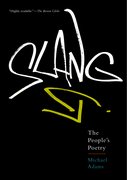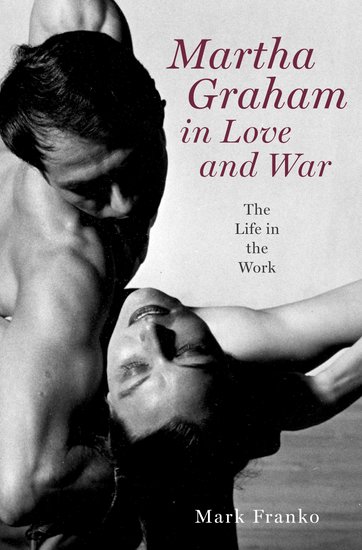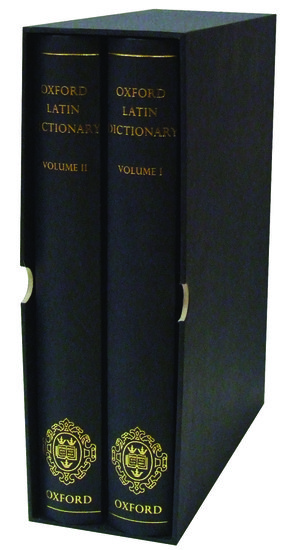Drinking vessels: ‘bumper’
By Anatoly Liberman
Some time ago, I devoted three posts to alcoholic beverages: ale, beer, and mead. It has occurred to me that, since I have served drinks, I should also take care of wine glasses. Bumper is an ideal choice for the beginning of this series because of its reference to a large glass full to overflowing. It is a late word, as words go: no citation in the OED predates 1677. If I am not mistaken, the first lexicographer to include it in his dictionary was Samuel Johnson (1755). For a long time bumper may have been little or not at all known in polite society.









